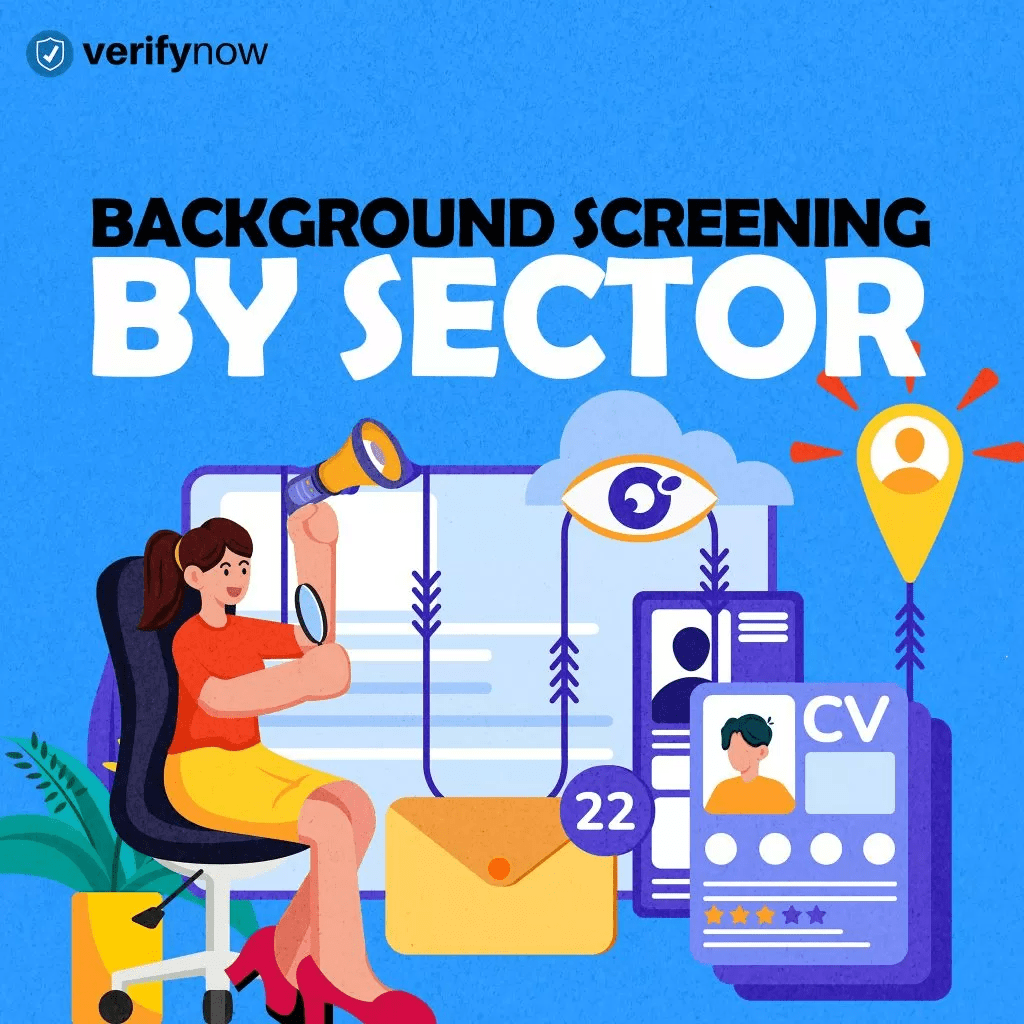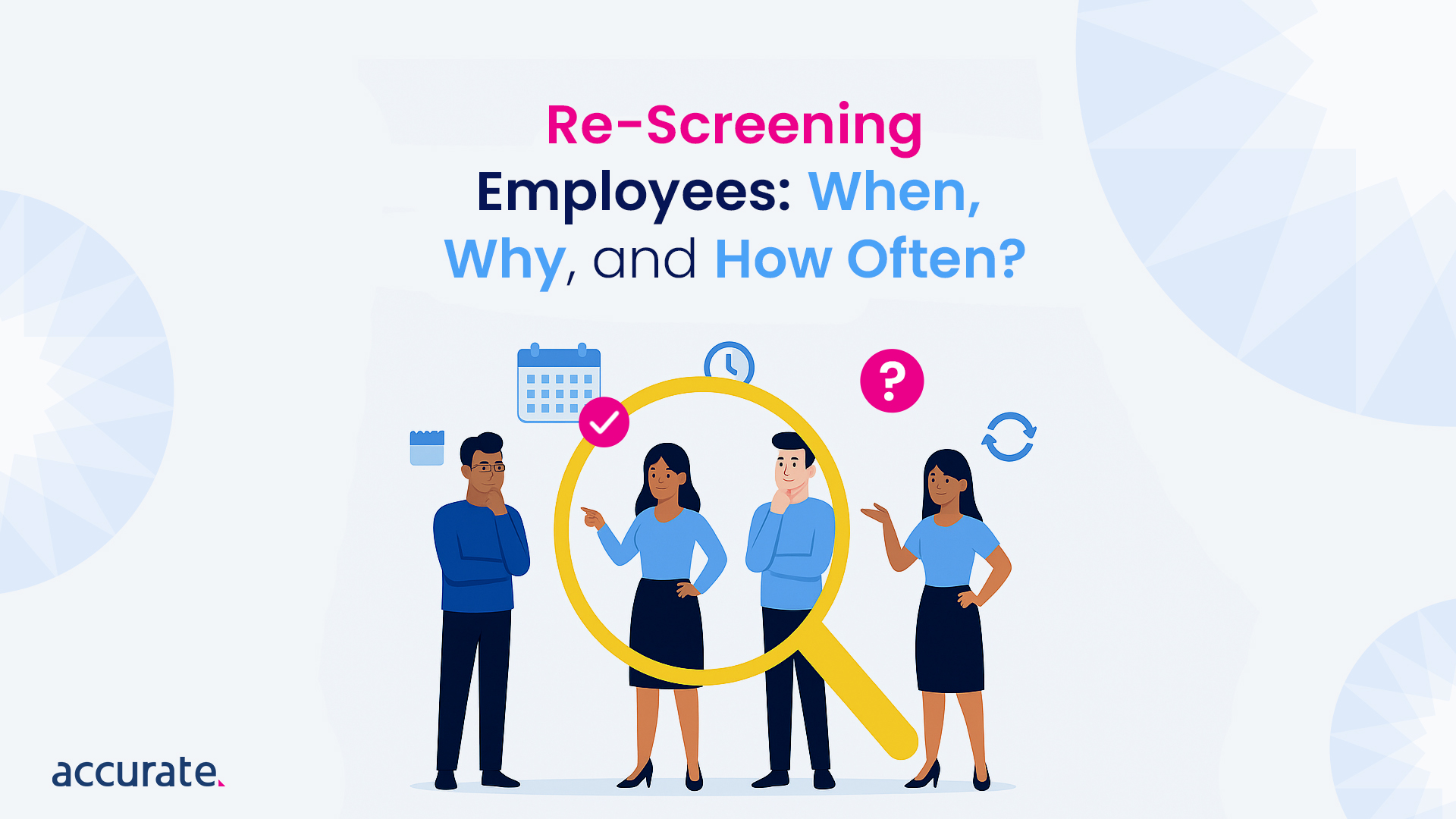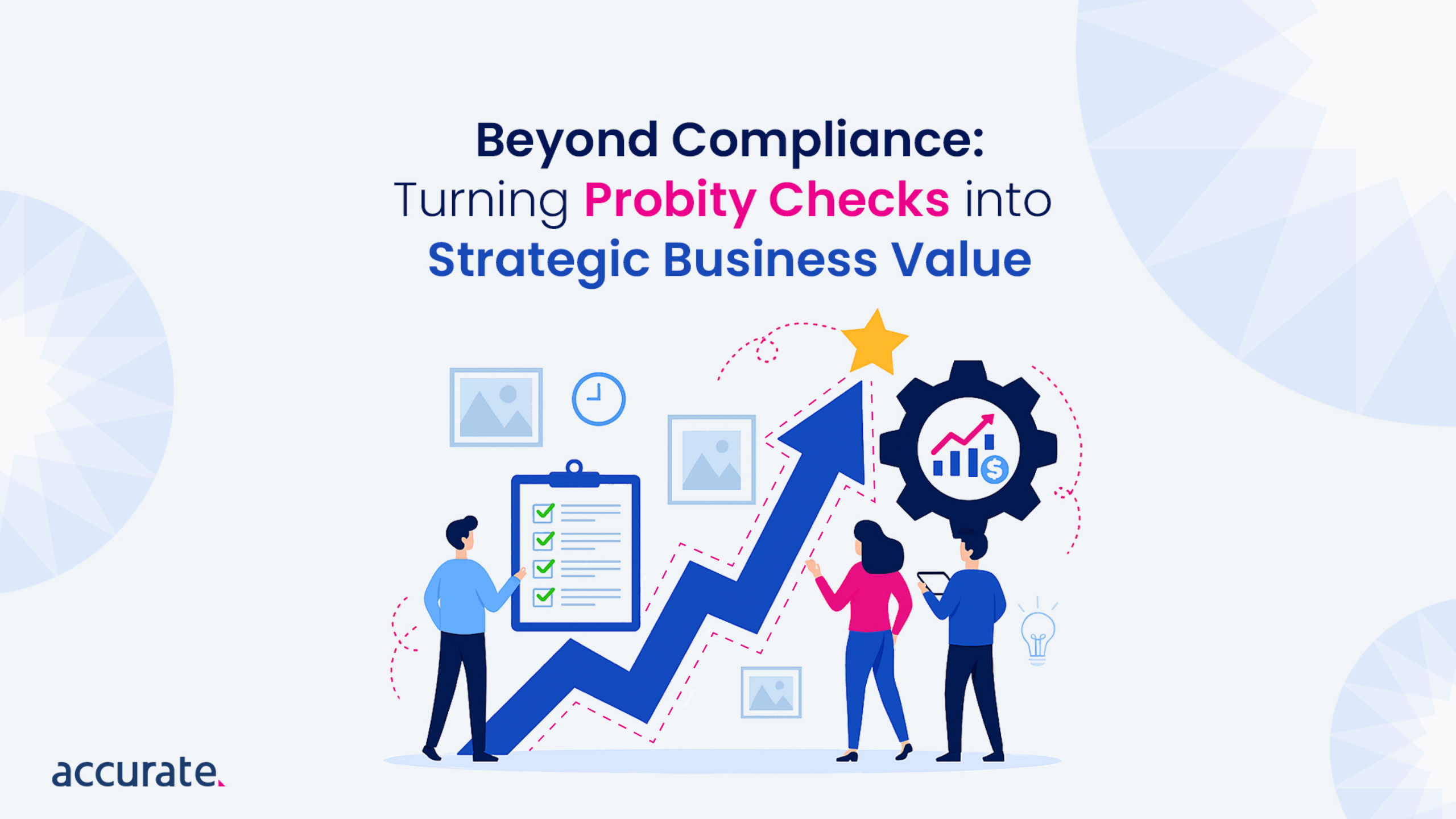It’s important to consider the sector and position when deciding which employment background screening checks are best for your business. Different sectors are going to have their own issues that they need to address through the use of background checks.
And regardless of the sector, you always need to be careful to balance any legislative requirements with the rights of the individual candidate. For example, in the healthcare sector, you may be required to carry out a Police Check or Working With Children Check, whereas, in the financial space, you may be more concerned about financial irregularities.
The key is to carefully consider what risks are associated with the role in question and then design a screening strategy that will help to mitigate those risks.
With that in mind, here is a brief overview of some of the key considerations you should factor into your process, depending on your sector.
Federal Government
The Protective Security Policy Framework (PSPF) sets out the standards for security screening of people who are to be employed or engaged by entities within the Australian Government. The aim of security screening is to deter, detect, and deny opportunities to people who may pose an unacceptable risk to Commonwealth interests, including national security.
All federal government entities are required to complete mandatory checks as part of their recruitment process. These checks include identity and eligibility to work in Australia. In addition, entities may also choose to complete recommended checks, which cover such things as employment history, national police, and credit history checks.
In some cases, entity-specific checks may also be required. For example, an entity whose core business relates to the provision of information technology services may require its employees to undergo a security clearance.
Therefore, if you’re developing an employment screening strategy for a federal government agency or department, it’s important to align your approach with Australian standards, the Protective Security Policy Framework, entity-specific requirements, and best practices recommendations.
State and Local Government
For state and local government positions, there are certain laws that govern the pre-employment screening process. These laws vary from state to state, so it is important to be familiar with the specific requirements in your area.
For example, in New South Wales (NSW), if a candidate is likely to work with protected information, they may need to undertake a security clearance check with the Australian Government Security Vetting Agency (AGSVA). Working with children checks may also be necessary where the job description includes working or volunteering in child-related contexts.
Beyond that, different organisations will have their own policies and procedures regarding background checks for specific positions within state and local government departments. As a result, it is always best to consult with an employment screening specialist, such as Accurate Background, before beginning the hiring process.
Health Care and Social Assistance
As a result of the Health Practitioner Regulation National Law, all Australian health practitioners must be registered with the Australian Health Practitioner Regulation Agency (AHPRA). AHPRA is responsible for setting and maintaining registration standards, as well as managing complaints and disciplinary proceedings.
However, each state and territory has its own legislation governing the employment of health professionals, including the requirement for background checks. As a result, employers in this field must ensure that they comply with the relevant state or territory laws.
For example, the NSW policy directive on Recruitment and Selection of Staff to the NSW Health Service outlines mandatory standards when recruiting new health professionals. There is a specific focus on ensuring that the candidate has the appropriate training, skills, knowledge, and qualifications required to fulfill the position.
Therefore, you would need to tailor your screening process for the health care and social assistance sectors to include qualification and referee checks as well as identity and employment history verification.
And in specific circumstances, such as working with the elderly or for the NDIS, candidates are more than likely to undergo a Working with Vulnerable People Checks relevant to their state or territory.
Read More About the Health Care and Social Assistance Sector
Financial and Insurance Services
The financial and insurance services sector is one of the most heavily regulated industries in Australia. As a result, organisations in this sector must undertake background checks on all candidates, especially those in senior positions.
These checks are designed to ensure that individuals have the necessary qualifications and experience to perform the role they are being considered for. In addition, background checks also help to identify any potential risks associated with a candidate, such as links to criminal organisations or a history of financial misconduct.
The importance of strategic employment screening has been reiterated by the Australian Securities & Investment Commission (ASIC) and the Australian Banking Association (ABA).
Therefore, a thorough pre-employment screening protocol is a key component of a financial entity’s risk management strategy as a means to safeguard consumers and meet regulatory obligations. Here at Accurate Australia, we recommend mandating the following background checks:
- Bankruptcy
- APRA and ASIC
- National Police
- Qualifications
- AFS Licensees’ Register
- Anti-Money Laundering (AML) and Know Your Customer (KYC)
- Directorship
Science and Technology
Science and technology industries are one of the most rapidly growing sectors in the world. With new advances in technology happening every day, it’s critical that companies in this sector take steps to ensure that their employees are qualified and reliable.
One of the most important assets of any science or technology organisation is its intellectual property. This can take the form of patents, trade secrets, or other confidential information. When this information is left unprotected during recruitment, it can be easily stolen or misappropriated by employees. This can have a devastating effect on the organisation as it loses its competitive edge.
Therefore, you should consider shaping your screening strategy around finding applicants who meet the qualification criteria and the trustworthiness and integrity criteria.
The following probity checks are an example of some of the popular screening options carried out as part of science, technology, and innovation recruitment process:
Education and Training
The education and training sector in Australia is a vital part of the country’s economy and society. Every year, thousands of students from all over the world come to study in Australia, and the sector employs over 300,000 people.
In order to maintain high standards and protect the reputation of the sector, it is essential that all employees undergo background screening, which typically involves a check of criminal records, professional references, and qualifications. In some cases, additional screening may also be required, such as working with children’s checks.
One of the key policy documents that should guide your screening strategy is the Higher Education Standards Framework 2021 (HESF). As part of HESF’s quality assurance standards, research and teaching staff are sufficiently vetted to ensure that they possess proper credentials and are of the calibre that they can hold a trusted position within a university or training organisation.
The education and training sector is also at a high risk of fraud and money laundering. To mitigate this risk, the Australian National University has introduced a check protocol that goes beyond just checking identity, right to work, qualifications, employment history, criminal record, and referees.
They also mandate an Anti-Money Laundering check for
- all prospective and current members of the ANU Executive;
- staff with a financial delegation of over $100,000;
- relevant staff within the Human Resources Division (e.g. payroll);
- all staff within the Finance & Business Services Division; and
- relevant staff within Information Technology Services.
Key Takeaways
As an HR leader or CEO knows, managing risk is an essential part of running a successful company. One of the most important ways to reduce these threats is to carefully screen all new employees, ensuring that they are qualified and trustworthy.
However, screening applicants can be a tricky business. Different industries have different risks that need to be mitigated, and it is important to balance the need for robust screening with the rights of the applicant. To do this effectively, you need to understand the risks associated with each sector and choose screening measures that are appropriate.
Only by taking a comprehensive and strategic approach to employee screening can you hope to reduce risk and protect your business.
At Accurate Australia, we take a holistic approach to screening. We work with our clients to understand their unique needs and then customise a screening package that meets those needs. We have a team of highly experienced and qualified professionals who are experts in their field, and we use the latest technology and equipment to ensure that our clients receive the best possible service. We pride ourselves on our ability to provide a comprehensive service that is tailored to each sector, and we are confident that we can provide the best possible solution for your organisation or company.
Contact us today to find out more about our services and how we can help you.



